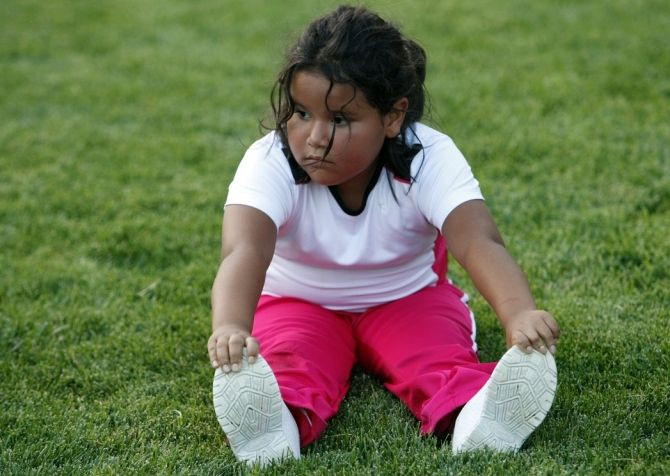One in Ten Children in the US Has ADHD; Numbers on the Rise

Holding a child's concentration can prove to be a hopeless task, especially when various matters are tearing their curiosity in different directions. It has become common practice for doctors to diagnose younger patients with Attention Deficit Hyperactivity Disorder, ADHD, when they may in fact not show all of the correct symptoms.
Attention Deficit Hyperactivity Disorder, ADHD, is one the most commonly diagnosed neurological conditions in children. Symptoms may include a lack of concentration, trouble completing tasks and an inability to stand in one place for an extended period of time.
A new study released by the Centers for Disease Control and Prevention states the number of kids being diagnosed with ADHD has made a 53 percent increase since 2003. Approximately 6.4 million children in the United States from ages four to 17 has been diagnosed with ADHD at some point in their lives, the New York Times reported.
"Those are astronomical numbers. I'm floored," Dr. William Graf, a pediatric neurologist in New Haven and a professor at the Yale School of Medicine, told the New York Times. "Mild symptoms are being diagnosed so readily, which goes well beyond the disorder and beyond the zone of ambiguity to pure enhancement of children who are otherwise healthy."
Symptoms of ADHD are usually classified into three groups: hyperactivity, inattention and impulsiveness. Children with hyperactivity symptoms find themselves squirming or fidgeting when asked to stand still and may talk at great lengths. A child with inattention symptoms will tend to forget his or her daily activities and can be easily distracted when sitting or standing still. A child with impulsiveness symptoms have a hard time waiting their turn and have a tendency for being disruptive.
The study also indicated that two thirds of the children diagnosed with ADHD are also prescribed medication like Ritalin and Adderall, stimulants used to treat the disorder. Rivaling viewpoints on the matter argue whether over-prescribing of medication used to treat ADHD may be compromising the child's health.
There has been a rising trend among teenagers who sell their Adderall and Ritalin prescriptions to friends who use the medication as a "study drug." Doctors are worried for children and young adults who don't fully understand the use of these "neuroenhancements" and possible side-effects.



























